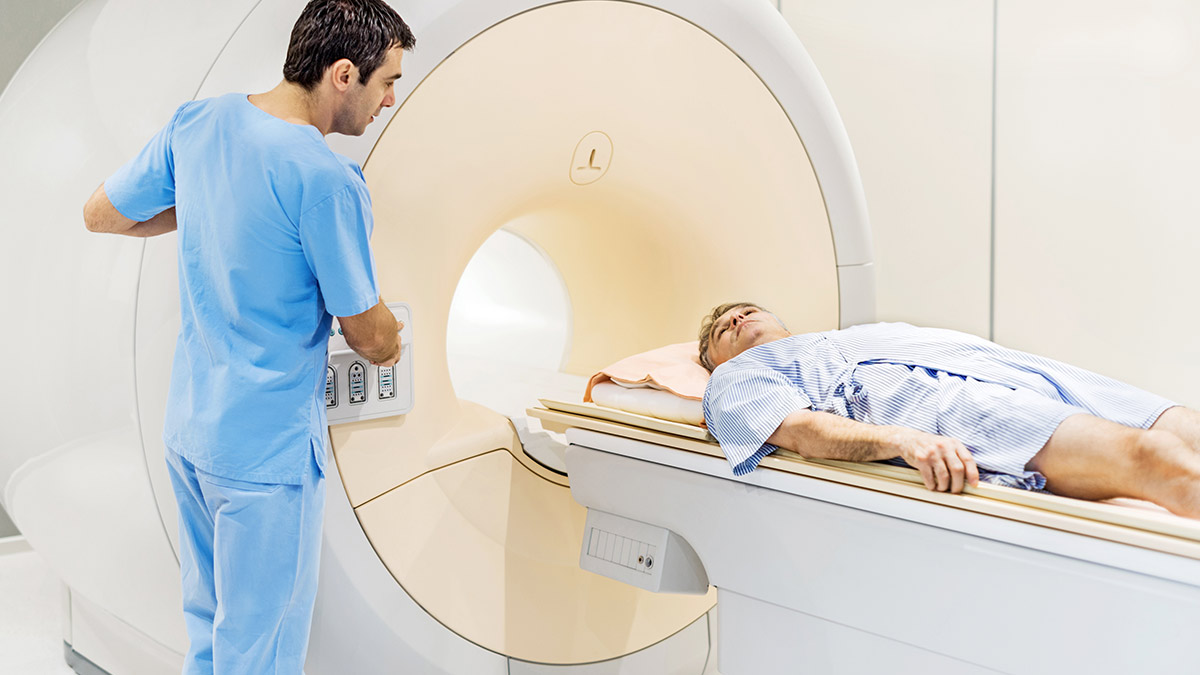Maxwell Plus targets $3m raise, eyes US rollout for its AI-powered prostate cancer detection service

(Getty Images)
Maxwell Plus is building momentum with its AI-powered technology used in the early detection of prostate cancer.
The company is currently speaking to investors as it targets a $3m capital raise — its third funding round since launching in 2016.
Founder and CEO Dr Elliot Smith now employees a team of 10 people, as the company expands its clinical presence across Australia.
And with some extra capital behind it, Maxwell Plus is also positioning for expansion to the US market.
Smith initially built the platform out of Brisbane’s startup scene after the threat of prostate cancer hit a little too close to home.
Using AI for good
Speaking with Stockhead, Smith said his inspiration for the idea arose when his father received a possible prostate cancer prognosis. But for the next six months, medical practitioners were unable to confirm whether he actually had the disease or not.
The industry’s diagnostic testing capabilities were lacking a key feature: speed. And that’s important when early detection of prostate cancer results in a 99 per cent survival rate, but just 26 per cent when it’s detected late.
The 28 year-old Smith — who has a PhD in biomedical engineering — applied his technical knowledge to develop a platform which accelerates the diagnostic imaging process.
“In the standard analysis, a doctor will scroll through the diagnostic images, look for signs of suspicion and give their patient a grading out of five,” Smith explained.
“So one of our core AI functions carries out that process, except it can scan 60,000 images looking for the same signs. It effectively replicates the performance of the clinician, but communicates that back very fast.”
The company got some early seed funding from Queensland entrepreneur Steve Baxter, followed up by a $350k cash injection in October 2017 from Main Sequence Ventures — the CSIRO’s $230m venture capital fund.
“The last two years were really spent developing what the AI does and how it can be applied to help people get an early diagnosis,” Smith said.
“It’s not only image scanning; the tech also takes data from annual blood tests and provides instant analysis in combination with your age and other indicators, such as family history with prostate cancer.”
After getting approved as a medical product by the Therapeutic Goods Administration, Maxwell Plus launched commercially at the start of this year.
Funds for expansion
The company works with both individuals and enterprises, particularly in sectors such as mining and police services, which have a larger component of male workers aged over 40.
“The Queensland police service now get their officers checked through our platform, so it’s been an exciting few months,” Smith said.
The company monetises its platform by charging an annual fee per member, with discounts for customers that sign up through their workplace.
With its latest funding round, the company plans to expand its local footprint, partnering with clinics to provide imaging services for companies and organisations Australia-wide. And Smith also said the funds will provide “a capital base to get into the US market”.
“The product translates well to the US, because lots of organisations there not only have health & wellness programs, they’re also responsible for the health insurance of their employees,” Smith said.
“So it’s a very strong fit in terms of how employers are thinking about longterm health.”
Maxwell Plus will commence trials in the US in the second half of this year, and Smith expects the approval process to take around 12-18 months.
The company’s expansion across Australia, New Zealand and Europe is already underway, because those jurisdictions operate under a shared approval process.
“What were trying to show is that through the utilisation of artificial intelligence, we can provide a better medical experience for both men and doctors,” Smith said.
“The tech allows us to do that in a way that’s much more accessible and much more accurate in the early detection of prostate cancer.”
UNLOCK INSIGHTS
Discover the untold stories of emerging ASX stocks.
Daily news and expert analysis, it's free to subscribe.
By proceeding, you confirm you understand that we handle personal information in accordance with our Privacy Policy.








